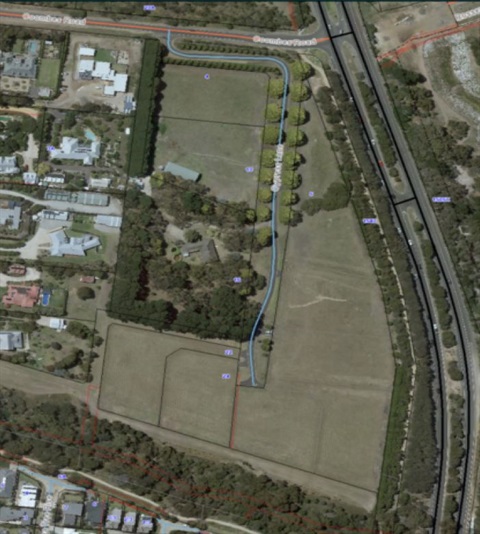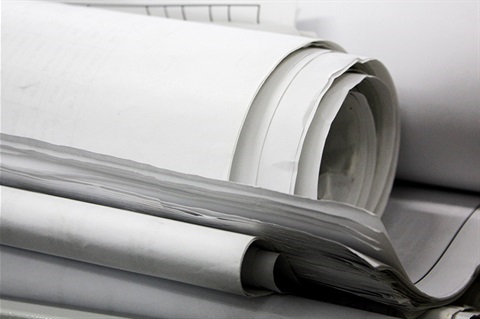15 SEPTEMBER 2020: Federal Budget 2020 is predicted to deliver mixed results for businesses, with half of SMEs confident the Budget will deliver benefits for their business, according to a special Budget Edition of MYOB Business Monitor, in partnership with Nous Group, released today.
However, confidence differs greatly by business size. Seventy-five per cent of businesses employing 100 people or more feel confident Budget 2020 will deliver benefits to them. This number drops to 39% for micro businesses employing between 1-4 people and 28% for sole traders.
CEO of MYOB, Greg Ellis, said the confidence gap for smaller businesses could correlate to the finding that micros and sole traders were least likely to see opportunities resulting from COVID-19.
“While bigger businesses have benefited from increased productivity through flexible working or faster adoption of online services and ecommerce by customers, 66% of sole traders and 49% of micro businesses saw no benefit afforded by the pandemic versus the national average response of 35%. This demonstrates many smaller businesses lack optimism about the future and should be a critical focus within the upcoming Federal Budget,” said Mr Ellis.
The survey of more than 1,000 Australian SMEs highlights the issues and expectations of small business ahead of the Federal Budget to be handed down next month.
The top measures SMEs want to see in the Budget reflect fiscal and other levers for government:
● A lowering of the company tax rate (31%)
● Cutting of red tape / removal of bureaucratic processes (26%)
● More support for training and apprentices (24%)
● Subsidies for businesses employing young Australians looking for work (22%)
● Conversion of the instant asset tax write-off to a permanent policy (20%)
● More flexible industrial relations system (18%)
Mr Ellis said governments had done a good job so far in providing stimulus, but now is the time to ramp up efforts in other areas that government can influence, including digitisation and by offering more support to Australia’s sole traders and micro businesses.
“Driving a post-COVID economic recovery presents a once in a generation opportunity for the Government to make changes that will significantly benefit Australia’s largest private sector group: small business.
“This Budget presents an opportunity for Australia to accelerate digital adoption for our small businesses, setting them up to prosper as we map the road to recovery.
“What is also clear from our research is that it’s time to sharpen the focus on sole traders and micro businesses. Our data shows 18% of sole traders and 36% of micro businesses accessed the first wave of JobKeeper, versus the average of 42%,” Mr Ellis said.
Digitisation – a proven driver of economic growth With previous research demonstrating SMEs with advanced levels of digital engagement are 50% more likely to grow revenue and earn 60% more revenue per employee*, MYOB has provided policy recommendations to Government that will assist SMEs in recovery and growth.
“We must provide SMEs with a structured framework to adopt digital processes in areas with profound impact on business recovery. By implementing legislation which mandates digital adoption, together with the provision of incentives for uptake, in a way that favours quality, homegrown Australian technology companies, we create a thriving Australian digital ecosystem in which SMEs and a competitive Australian technology sector can flourish,” said Mr Ellis.
MYOB is calling on the Government to:
● Mandate B2B eInvoicing with industry rollout – helping SMEs to overcome the challenges of late payments – a critical concern to 44% of Australian SMEs;
● Revise online payment frameworks to protect SMEs from fraudulent liability; and
● Deliver tax incentives for SMEs to increase adoption of essential digital tools.
Priority investment areas Steve Corcoran, Chief Economist at Nous Group, said that half of the SMEs surveyed want the government to invest more in infrastructure and innovation.
“Investment in infrastructure and innovation will boost employment – particularly in the regions. These investments anchor economic activity and enable employment – particularly in small businesses. These investments also help money to move at pace through Australia’s economy,” said Mr Corcoran.
In terms of sectors in need of focus, MYOB’s own anonymised data highlights sectors in need of attention, with tourism and hospitality businesses the top consecutively impacted industries over the last six months.
“Businesses in tourism and hospitality have consistently been among the most heavily affected by this pandemic, with anonymised MYOB customer data demonstrating a 13% drop in EFT deposits within the Accommodation and Food services sector last week compared to baseline figures pre-COVID,” said Mr Ellis.
“When travel is again more freely permitted, tourism industries will be vital to economic recovery. The impacts of 2020 have been hard felt by this sector and will likely endure for some time. However we can support these industries in the interim through digital adaptation is important to encourage,” said Mr Ellis.








